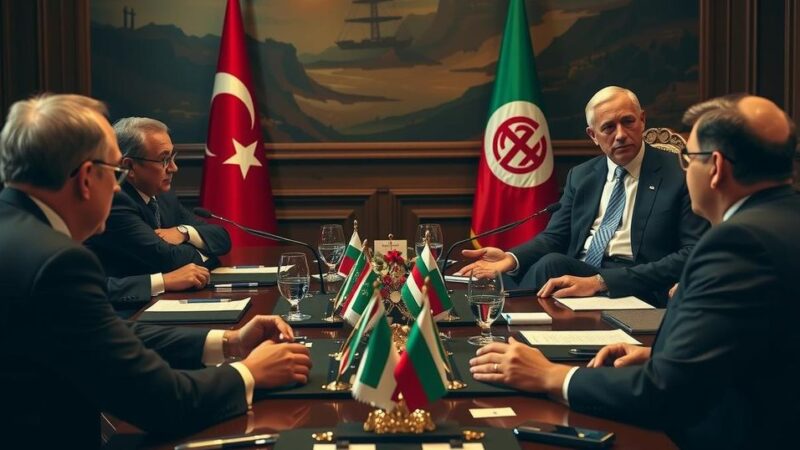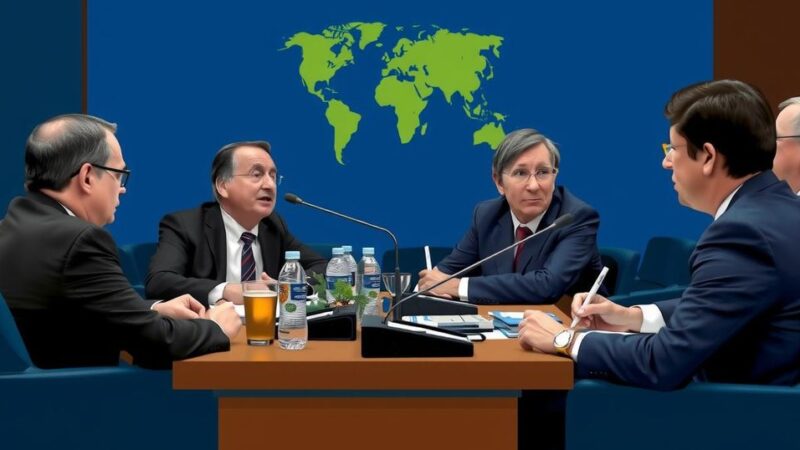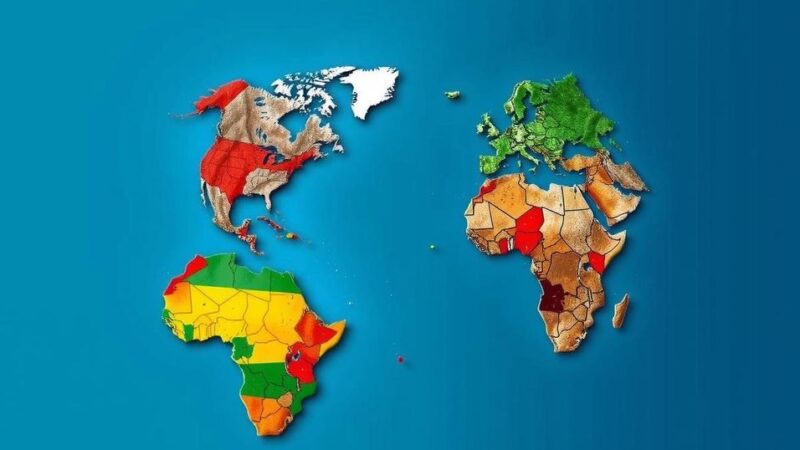U.S. Senator Lindsey Graham has warned that allies could face sanctions for aiding the ICC’s arrest warrants against Israeli leaders Benjamin Netanyahu and Yoav Gallant. The warrants are based on alleged war crimes amid ongoing conflict in Gaza, where significant civilian casualties have occurred. Graham stressed the need for allies to choose between supporting the ICC or the U.S.
U.S. Senator Lindsey Graham has issued a stark warning that American allies could face sanctions if they support the International Criminal Court’s (ICC) arrest warrant against Israeli Prime Minister Benjamin Netanyahu and former Defense Minister Yoav Gallant. In an interview with Fox News, Graham stated, “To any ally, Canada, England, Germany, France, if you try to help the ICC, we will impose sanctions on you.” He emphasized the necessity for allies to choose between the United States and what he referred to as a “rogue ICC.” The ICC had announced warrants for Netanyahu and Gallant concerning allegations of war crimes in Gaza, where hostilities have led to significant civilian casualties and displacement. The ongoing situation amplifies tensions surrounding Israel’s military actions and international law obligations.
The geopolitical landscape surrounding Israel and the Gaza Strip has escalated dramatically in recent months, particularly following cross-border attacks by the Palestinian group Hamas in October 2023. These events have led to an intense military response by Israel, resulting in extensive casualties among civilians, particularly in Gaza. Meanwhile, the ICC’s decision to issue arrest warrants for key Israeli leaders has drawn a strong reaction from U.S. politicians, highlighting conflicts between international legal actions and U.S. foreign policy commitments. This situation illustrates the complex interplay between international law, national sovereignty, and diplomatic relations.
In summary, Senator Lindsey Graham’s threat to impose sanctions reflects a firm stance by the U.S. against any ally that supports the ICC’s arrest warrants for Israeli leaders. This development not only signals the U.S. government’s commitment to its ally, Israel, but also raises critical questions about the implications of international law in conflicts where civilian lives are at stake. As the situation evolves, the responses of allied nations will be crucial in shaping international diplomatic relations.
Original Source: en.tempo.co






